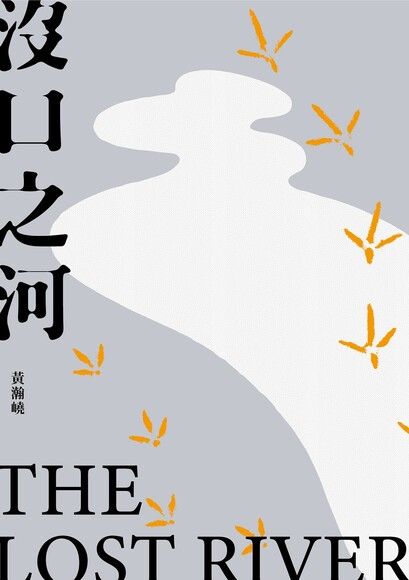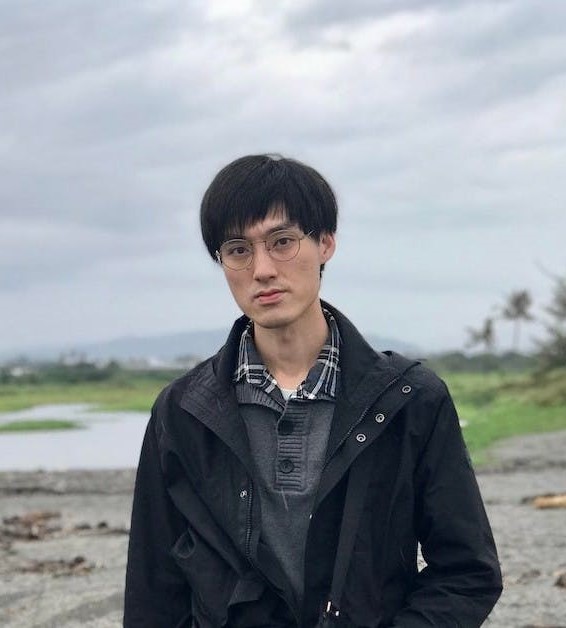
The Lost River
沒口之河
Overview
*2023 Openbook Award*
*2023 Liang Shih-chiu Award in Prose*
*2023 Taiwan Literature Award*
*2024 The Best First Book Award by TSMC Foundation*
Every winter, rivers in southeastern Taiwan become blocked before reaching the sea, disappearing underground to form what geographers call "the lost river." The river lies on the Zhiben alluvial fan, forming what is commonly known as the Zhiben Wetland. In the Puyuma language, it is called "Muveneng," meaning "a place where water gathers." This wetland may appear barren and desolate at first glance, but the author, with a background in forestry, uses ecological surveys to demonstrate that the vast wetland actually teems with life. This effort is a resistance against corporations enclosing the land to install large-scale solar panels.
The "Anti-Zhiben Solar Energy" movement intertwines complex issues such as environmental justice, indigenous rights, and energy transition. Besides, the author outlines the wetland's encounters over hundreds of years and learns from the indigenous history and wisdom of the Katratripulr tribe. These introspective and reflective writings serve as a multi-species ethnography, shedding light on the conflicts and reconciliations between civilization and nature.
Author(s)

Huang Han-Yau (⿈瀚嶢) loves to observe nature and thought he had to go to the mountains to experience it before he realized that the city is its own kind of wilderness. With the exception of a few places that he visits on a regular basis, he can’t remember the locations of almost any of the shops he’s been to, but he’s gradually drawn a map of the city that feels like it belongs to him. There are buried irrigation canals, disappearing courtyard houses with vegetable gardens, old city walls, treelined streets, formerly prosperous neighborhoods, old trees, ferns, birds’ nests, termite nests, and stray cats. Since then, he has been living inside that map and is constantly trying to re-draw those invisible paths and landmarks with words, illustrations, and commentary, so that his friends can travel there too. His narrative non-fiction book The Lost River won the Taiwan Literature Award in 2023.
